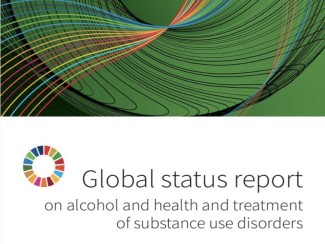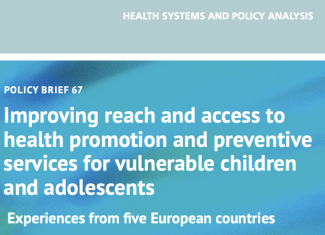QualityRights materials for training, guidance and transformation
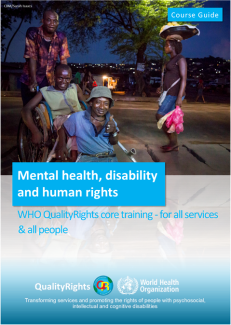
WHO began when its Constitution came into force on 7 April 1948 – a date celebrated every year as World Health Day. It has more than 7000 people working in 150 country offices, in 6 regional offices and at its headquarters in Geneva.
WHO’s primary role is to direct and coordinate international health within the United Nations’ system.
Main areas of work:
WHO support countries as it coordinates the efforts of multiple sectors of the government and partners – including bi- and multilaterals, funds and foundations, civil society organizations and private sector – to attain its health objectives and support national health policies and strategies.

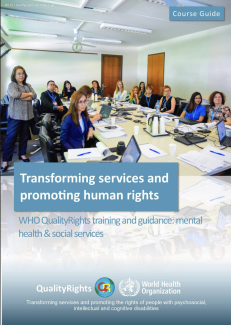
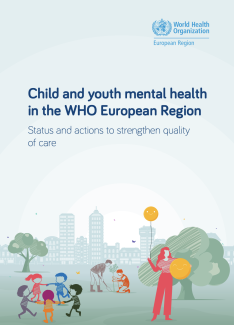
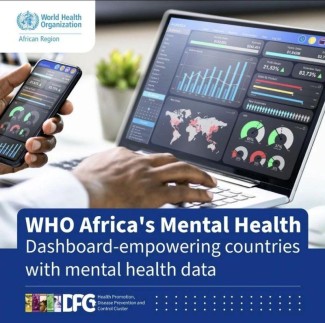
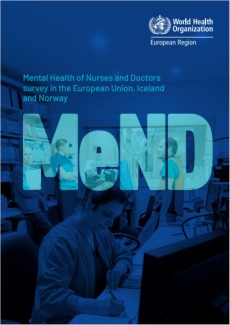

World Hepatitis Day 2025 global webinar will provide a critical platform for collaboration with partners and engagement with governments, health professionals and the public to drive advocacy, awareness and action to eliminate viral hepatitis as a major public health problem.
